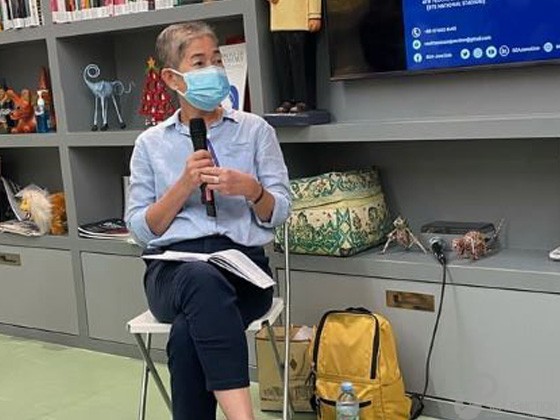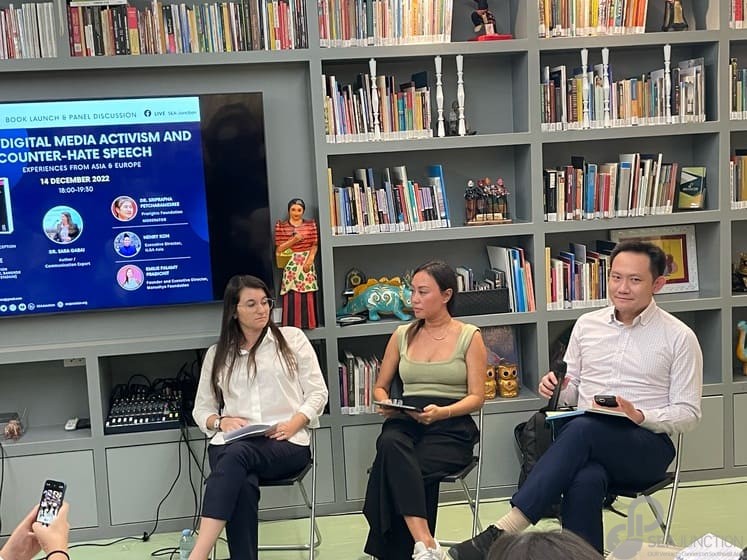Brief Description
LGBTQI Digital Media Activism and Counter-hate Speech: Experiences from Asia and Europe
As media are rapidly evolving, social movements and activists are increasingly taking advantage of the opportunities provided by the wide range of communication tools and platforms to organize their networks, form collective identities and develop new languages of resistance to counteract anti-gender and homophobic discourse.
Rendering visible LGBTQI cultural resistance, expressed through digital media activism and counter-hate discourse is of utmost importance not just in Italy but also in Asia and globally. Invisibility and the symbolic annihilation of LGBTQI people in media and popular discourse have historically signified powerlessness for LGBTQI people, and have also contributed to the dissemination of harmful misrepresentations of gender and LGBTQI identities, promoting negative stereotyping, increasing prejudices, hate, discrimination and homophobia, also leading to direct physical violence in many cases. These attitudes are fully embodied and expressed by actors mobilizing nationally and transnationally in anti-gender counter movements.
Tech firms such as Facebook, Twitter and YouTube face growing scrutiny for hate speech and misinformation. They have not invested enough in developing countries, and lack moderators with language skills and knowledge of local events. The result is that hate speech and abuse, particularly in local languages, often goes unchecked and local communities are disregarded, potentially increasing polarization and risk of violence. This was the case of Indonesia, where significant online hate speech has targeted religious and racial minority groups, as well as LGBTQ people, with bots and paid trolls spreading disinformation aimed at deepening divisions.
Communication is central to activism and resistance. While a great amount of scholarship has been invested in studying anti-gender mobilizations and their violent and trauma-generating discourses, the book presented during the event and the organized panel discussion, was shift the attention on LGBTQI social movements and their digital media activism and non-violent communication practices, sharing experiences from Asia and Europe, which often are unheard of.
The book was launched on 14 December 2022, 18:00-19:30 at SEA Junction, 4th Floor, Bangkok Art and Culture Centre (BACC).
Photo by Kelly Khin














